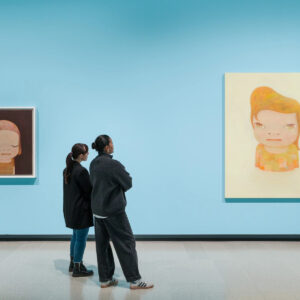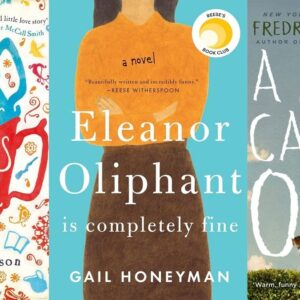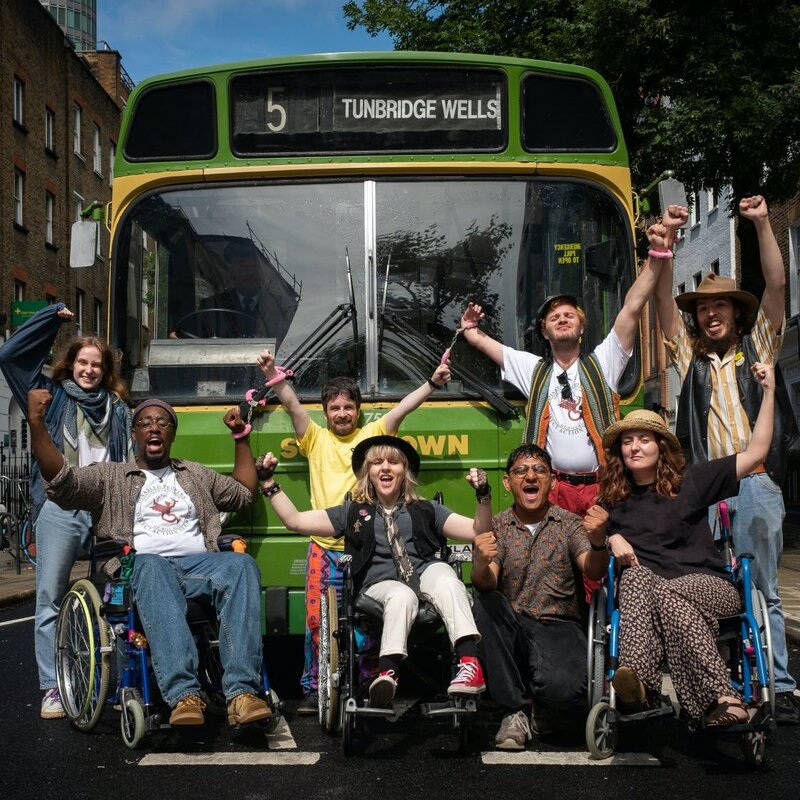As Disability Representation Increases on Screen Does This Not Prove Further Need for Change? Like it or not, for the past half-decade or so, there’s been something of social change on the screen, both big and small. Have you noticed it?
Well, I certainly have, and as someone who’s part of that community, I am all too proud to see happening.
Now then, those who frequently read what you see here may or may not remember my first-ever column. In the piece I wrote, I spoke openly about the need for honest representation of the Disability community on the screen, be it tv or cinema. I even mentioned characters from well-known programs such as The A Word and Holby City.
Hey, I even mentioned Peter Tinkledge who played Twyin in Game of Thrones.
Well, since then we have had further types of representation. Rose Ayling-Ellis (Frankie from EastEnders), Jules Robertson (Jason Haynes from Holby City), Ruth Madley (Rosie Lyons in Years and Years), and more recently Rosie Jones who guest-starred in the medical drama Casualty.
And now we have an upcoming TV drama series coming to the BBC called, Then Barbara Met Alan. The series is set in the 90s and is about the people who were involved in the Disability Rights Movement in the 90’s decade.
As someone who, not only was born with a disability, works a job where I support vulnerable adults with various disabilities and mental health issues and is a long-time supporter of Disability Rights this is something that I am only too happy to see.
Like with the award-winning film, Coda, we are finally seeing a much bigger shift in the way that the communities themselves are being represented.
Now quite a few of you will no doubt be asking that if I am mentioning The A Word as a form of representation, then why? The actor who plays one of the leads, Joe, isn’t Autistic so therefore it isn’t authentic. That may be so but there are also two other characters in the series that has Down Syndrome, Ralph, and Katie, as you’ll have seen if you watch, are played by actors with Down.
The response from their characters was so positive that the producers decided to give them their spin-off series called Ralph and Katie. I for one was quite happy about this development as for once people with the condition have not only been given a chance to shine but also demonstrate what they can do when given the chance.
Good for them I say, you go for it.
Growing up as a child I didn’t have any positive role models or inspirational figures to look up to when I was first diagnosed with my disability. I am fairly sure that other people growing up with either disabilities or genetic problems didn’t have a great deal to see on screens that represented them either.
Sadly though, and I don’t say this with a great deal of enthusiasm if we were seen on the screen, it certainly wasn’t in a positive way. If anything, we were subject to the usual stereotyping, and it was because of attitudes like that, that I felt we were going nowhere.
For me, this is why I viewed films such as Coda as a prime game-changer as the portrayal of disability once, was positive and gave decent representation for once. Other examples I can think of are Forrest Gump, Glee, Mercury Rising, I Am Sam and My Name is Khan.
Now they may very well be a bizarre choice I’ve chosen for an example but each of them shows a character of disability challenging not just the stereotype but ultimately social attitudes towards them too.
As someone with a disability all I will say is this, more, please!













